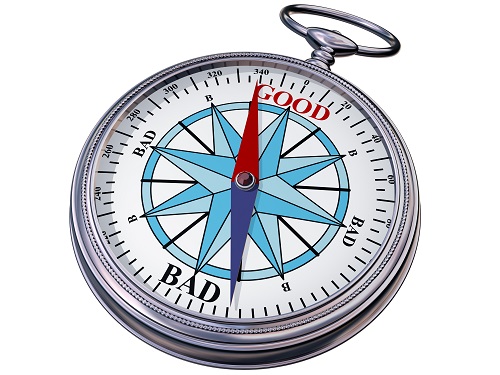We all know the value of hard data, how numbers and measurables can help keep emotions, opinions and subjectivity out of things. Hard data can help us make reasoned, logical decisions. It isn’t, however, the only kind of data. The other important kind is intuitive data, which some of you may know as gut instinct. This is the feeling you get when every part of you resonates with a person or action, when connections and decisions are value-based and meaningful.
So how do we start to pay attention to intuitive data and give it merit when we are surrounded by hard data in our professional and personal lives? It can become overwhelming and you may find yourself pulled off track from the things that really matter – at a gut level.
I’ve found that listening, truly listening, is a good way to start using intuitive data as a guide in business and life. When we become better at recognizing what truly moves us, we can ensure we are aligned with what matters most in the greater scheme of who we are. You must pay attention to those moments, activities and interactions that deeply resonate within you and be open to what others can bring into your life. This doesn’t seem very “business-y”, but it is. It’s likely that if you’re in any community – work, spiritual, neighborhood, friends, you are there over time because it makes sense. Not logical sense, intuitive sense. And over time, if it doesn’t “feel” right, we move. We might move a little or a lot, perhaps we even move out and leave. What I know is that we only remain when we are aligned internally. Sometimes it doesn’t work. We are no longer aligned with a person, client, group, business or community. Things change and it’s important to say no to what no longer makes sense – especially intuitively. Because that’s where our suffering and ineffectiveness begins.
As coaches, we must balance intuition with hard data. We are keepers of confidentiality, people practiced at creating space for people to say what’s really “so” for them. Recently a friend shared things with me she believed she couldn’t share with anyone else – it wasn’t a session, it was a friend. I felt honored and vulnerable, even “special” because of that. What a privilege it is to quiet my own thoughts and really pay attention to what someone else has to say and notice what is really there. Some of the most sensitive, careful and courageous moments are experienced when we share this way. In quieting our minds, we hear only the most important, intuitive things we each have to contribute.
The moral of this story is that data is important. We need the hard, measurable data to ensure we are on track, and we need the deep, intuitive data to determine whether we are aligned. When present to both, you will find your true north, aligned with all that matters most.
Categories: YESS! Programs

